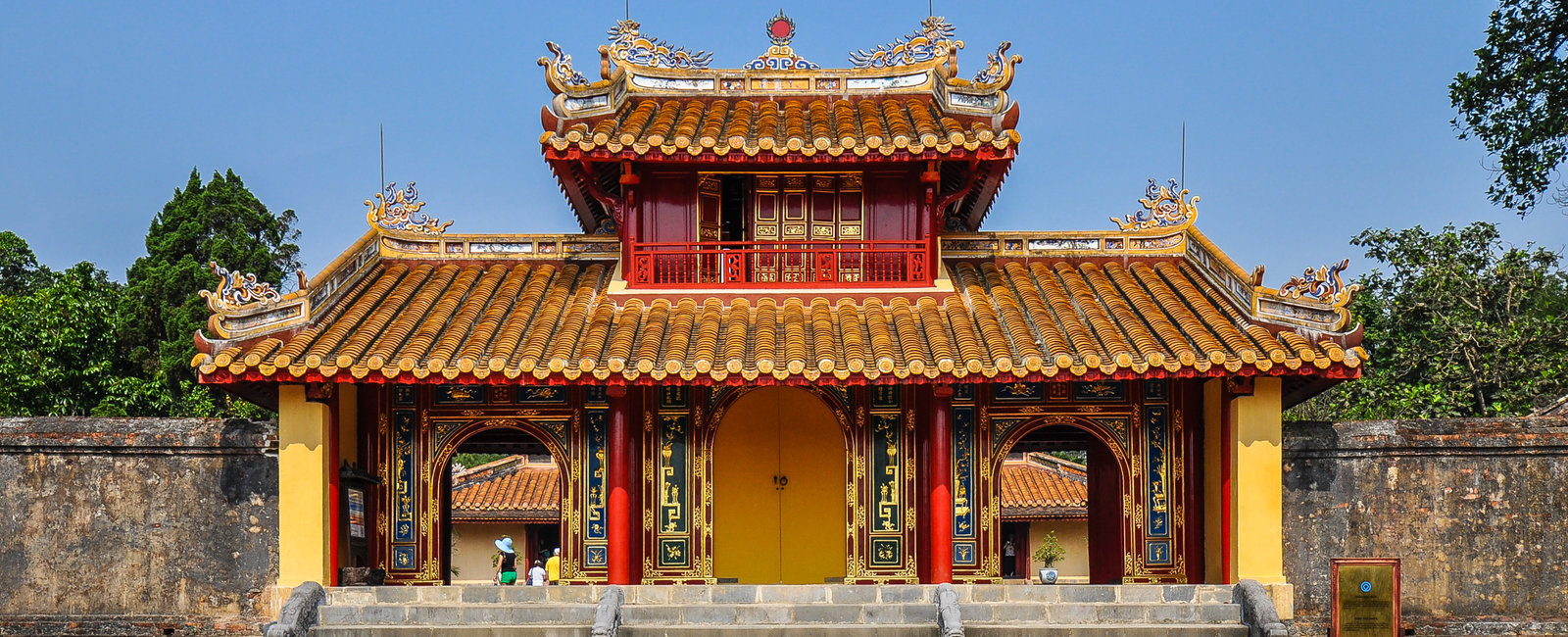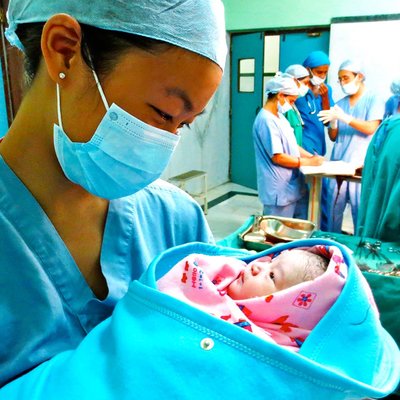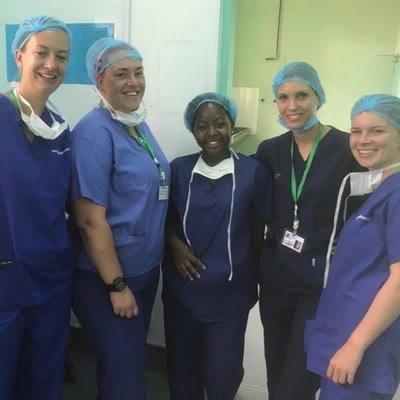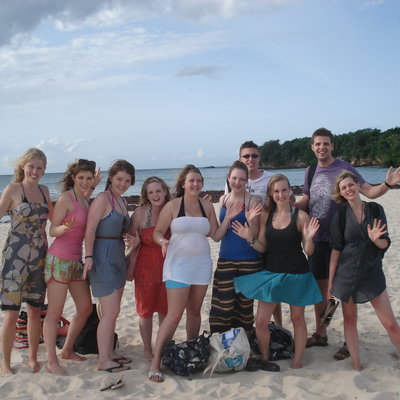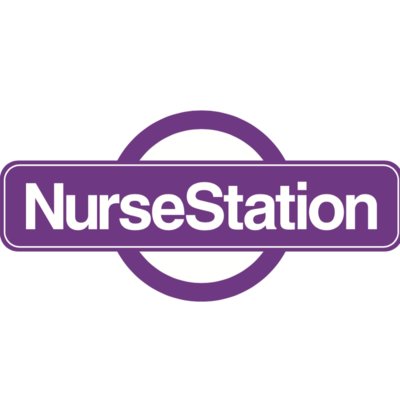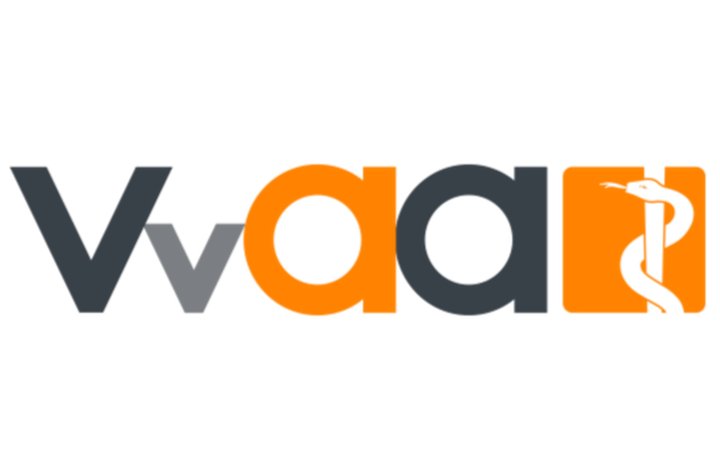Melika travelled to Hue, Vietnam, in 2019. Since then, Melika has graduated from Cardiff University and is currently completing her pre-registration placement to become a qualified optometrist.
We recently spoke with her about how her overseas placement influenced the rest of her optometry career.
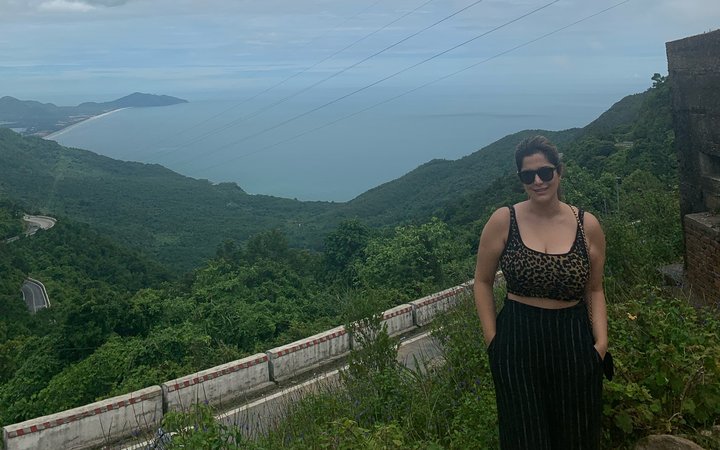
So, what made you want to study optometry?
For me, it’s the fact that you can make a difference in the quality of someone’s life. It also allows you to interact with patients, including paediatrics, elderly patients, and patients with low vision.
It makes a huge difference that a pair of glasses can change the quality of someone’s life. However, you can also diagnose and independently manage patients with different eye conditions. So, while it has a commercial side, it also has a healthcare perspective.
And it’s constantly evolving! It’s a very dynamic profession.
You studied at Cardiff University – what made you choose to study there?
The optometry faculty members at Cardiff University are some of the best in the UK.
I liked that they focused on confidentiality, too. They provide a really comfortable environment for patients, staff, and students.
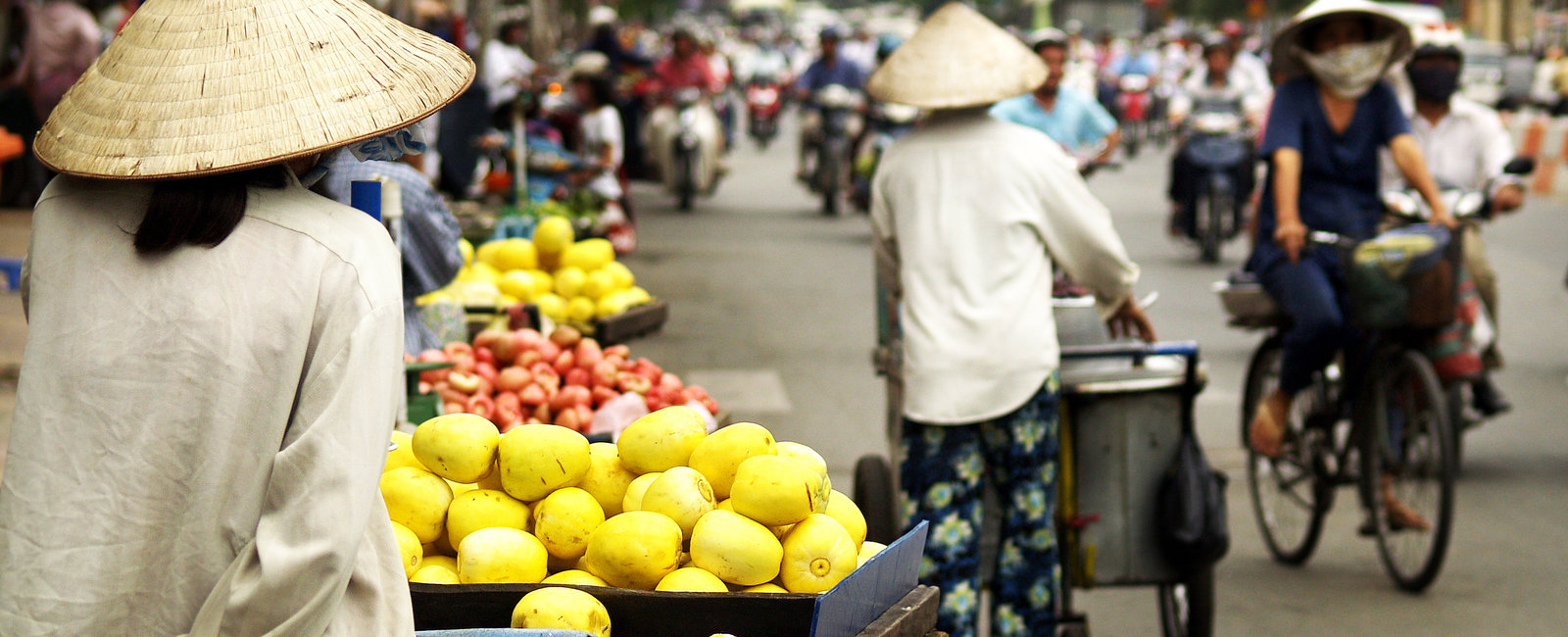
The faculty is very advanced in the techniques they use to diagnose various eye conditions, as well as in their teaching methods. The pass rate for the board exams is also very high, making it a great school.
And can you talk a bit about your experience at Cardiff University? What were the highlights?
A highlight for me was seeing various patients. The optometry department works with different sectors, such as paediatrics, patients with special needs, and low-vision patients.
They also have a specialised eye disease clinic, so I could see a wide range of case studies, which benefited my studies.
They also offer a master's degree, so if you want to pursue further training and education, you have the right path to take at Cardiff.
So, how did your overseas placement fit into all of that? When did you travel with us?
Cardiff University's optometry bachelor’s program is a three-year course, and during the summer of my second year, I decided to undertake an overseas placement.
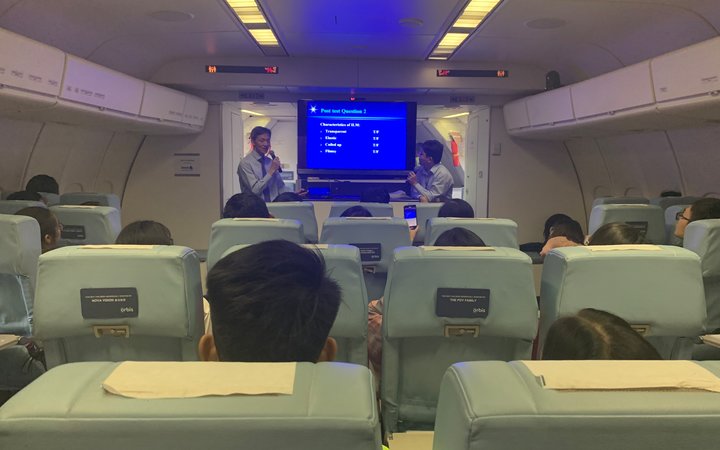
What was it that made you want to go overseas on an experience like this?
I wanted to see how different eye conditions are diagnosed and managed differently in other countries and cultures. I was interested in observing the impact of resources on patient care. Here in the UK, we’re able to diagnose eye conditions early on because we provide information such as leaflets. Hence, the general population are more aware of eye conditions and the like. In contrast, in other countries, they are not.
In other countries and cultures, a patient may visit the clinic or hospital much later when the eye condition or disease is much more advanced. I wanted the chance to see these advanced conditions and diseases.
I was also interested in seeing how healthcare services in other countries connect optometrists, ophthalmologists, and councillors and how they work together to improve patients' quality of life if their vision is poor.
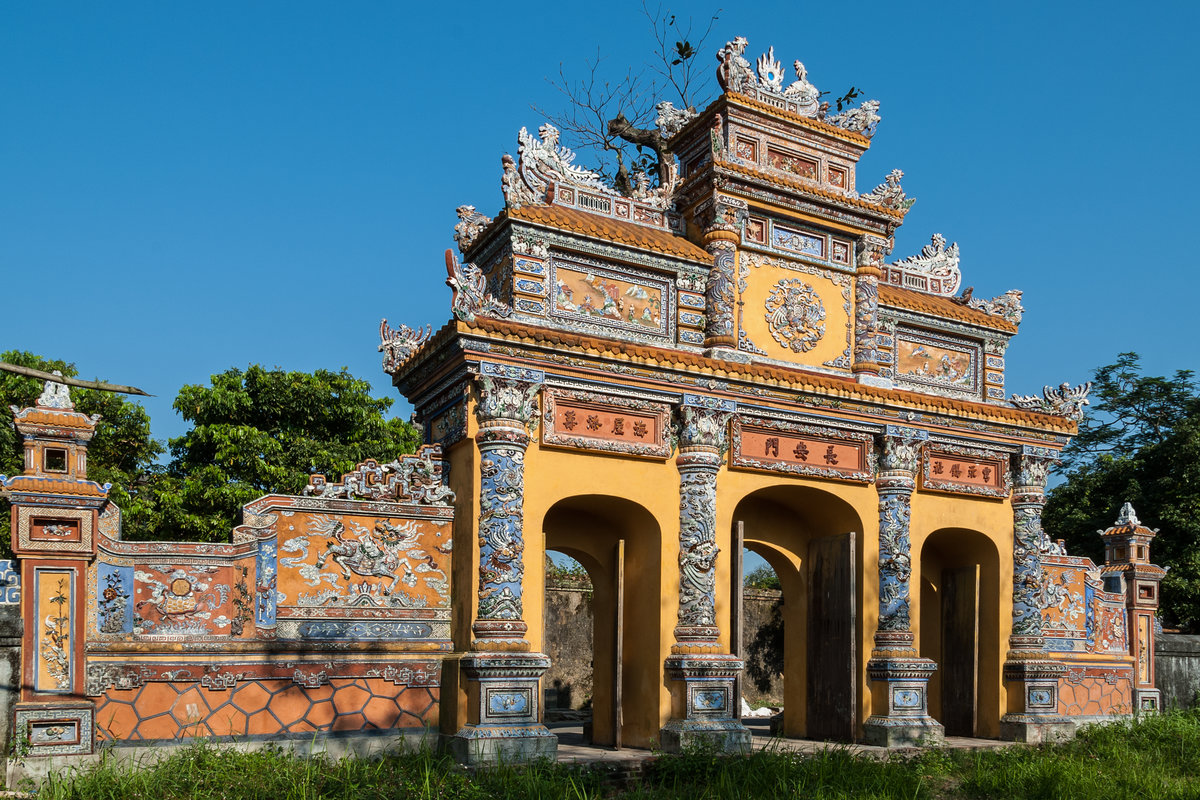
My overseas placement was also dynamic, and I knew I’d be able to shadow in different clinics, from eye surgery to the trauma department. It was fantastic that I could see and experience several different departments in the hospital.
I was also excited to visit Vietnam for the culture and food. The scenery is beautiful, and I’d always wanted to go. It was very clean, everyone was very friendly, and the food was terrific.
Let’s jump right into the hospital placement – which departments did you spend your time in?
My two weeks were primarily spent in the ophthalmology and optometry departments. I saw many ocular pathologies and observed how they were managed. I also observed many surgeries, such as glaucoma and cataract surgeries.
The hospital where I was placed used a multidisciplinary approach, so I observed opticians, optometrists, ophthalmologists, and residents working together in one department.
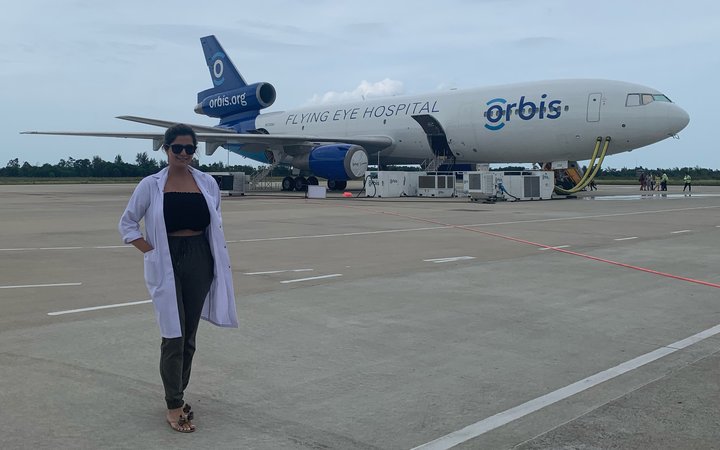
I also visited the Flying Eye Hospital in Hue at the time. Here, I saw even more complex eye surgeries and attended some of the seminars and workshops. The Flying Eye Hospital flies ophthalmologists and optometrists worldwide to volunteer in low—and middle-income countries, conducting complex surgeries and sharing skills and techniques with medical teams.
It was very cool. Before and after surgeries, I could attend and observe workshops — I learned so much.
And what was the day-to-day like in the hospital?
I had a structure to my day, and the Work the World team and my hospital supervisors all very well organised it. However, I could also tell them my objectives and change them depending on what was happening in the hospital that day.
So I knew where I was going and what my day would look like, but I also had the chance to see different things. They said if I wanted to see a surgery instead of being in the A&E department one day, I was able to. It was very organised, but I could see other things if I wanted to or if surgeries were happening.
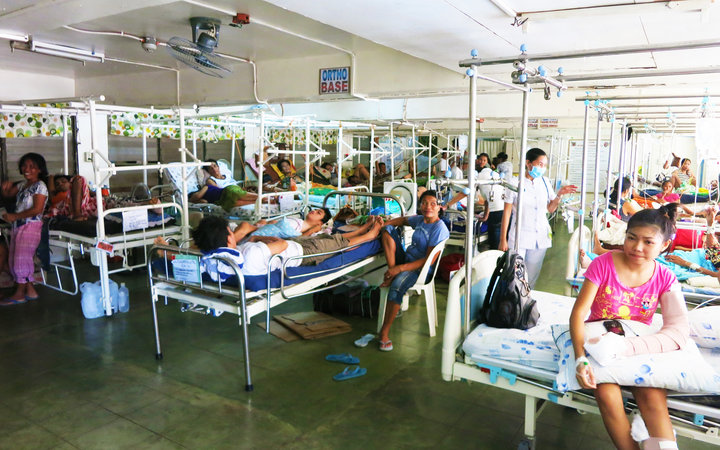
The hospital teams were great at getting me involved, not with the surgeries, but by showing me what they were seeing, explaining how they use the equipment and teaching me about the lasers they used.
How do you think experiences like that changed your approach to your career?
When I had the opportunity to see more complex cases and eye diseases, I wanted to focus more on managing patients and being a proactive member of a team wherever I was working.
Seeing so many complex surgeries and conditions made me want to further my studies to learn more about them, how to diagnose them faster, and how to manage them more independently.
So, what happened once you graduated? Are you still studying?
Since graduating, I applied to enter my pre-registration placement training. This is so I can register with the UK’s General Optical Council. So now I’m in my pre-reg year, completing supervised practice while working towards my board exams.
So, do you think your Work the World experience in Vietnam has contributed to your achievements so far?
Yes definitely. After my overseas placement, I was more clued up on the conditions I was studying because I had seen the conditions first-hand with my own eyes in Vietnam. Because the conditions I saw in Vietnam were more advanced, having something to relate to the textbook or presentation was helpful. I was able to draw on my experience because I’d seen what they did after surgeries in Vietnam, for example.
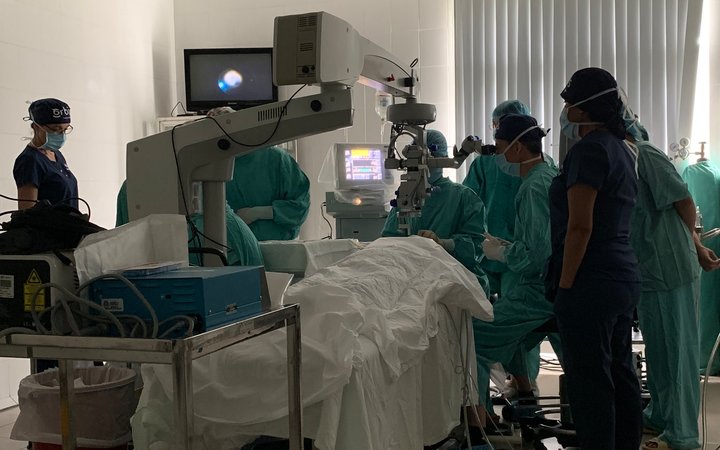
It was a completely different experience from my studies in the UK, but I found I could get a lot from the experience by being proactive. I made sure to take notes, and when I returned home from my placement, I could draw on the differences between how a specific condition I was studying would be managed in Vietnam and how we manage it here in the UK – it was very helpful.
It complemented my studies back in the UK.
So, what are your ambitions for the future?
I’m definitely looking at doing a Master's degree at Cardiff University to learn more about ocular pathologies and how to manage them. I want to work independently and, hopefully, in a hospital environment.
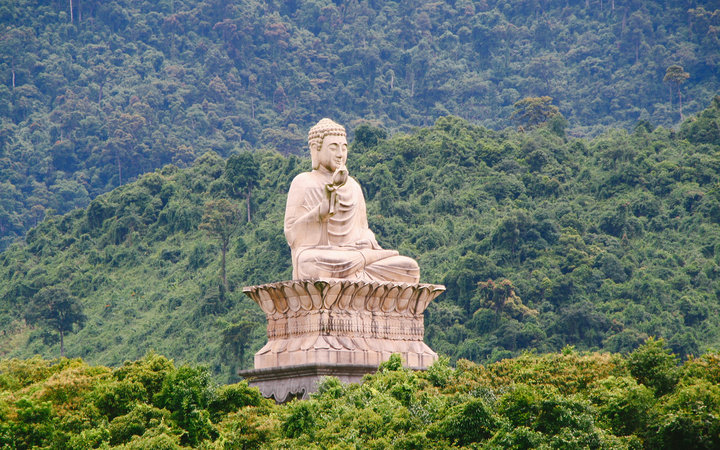
And lastly, do you have any words of encouragement for students thinking about undertaking an overseas placement?
You will be in a very intellectual environment, but it’s up to you to make the most of it and be proactive while enjoying the beautiful scenery and culture.
It is also important to remember that this is the best time to learn something that other students and colleagues may not have had the chance to see and experience. So, make sure you get the most out of it by being active and asking questions. But also have fun.
So, have fun, be active, and, you know, learn because not everyone will be able to see what you’re seeing.
Discover more about our Electives in Asia — you'll find a range of unique destinations that offer eye-opening clinical experiences and adventures.

Next Steps
Where to?
Want to experience a life-changing overseas placement like Malika's? Choose a destination to get started.
Want to experience a life-changing overseas placement like Malika's? Choose a destination to get started.
